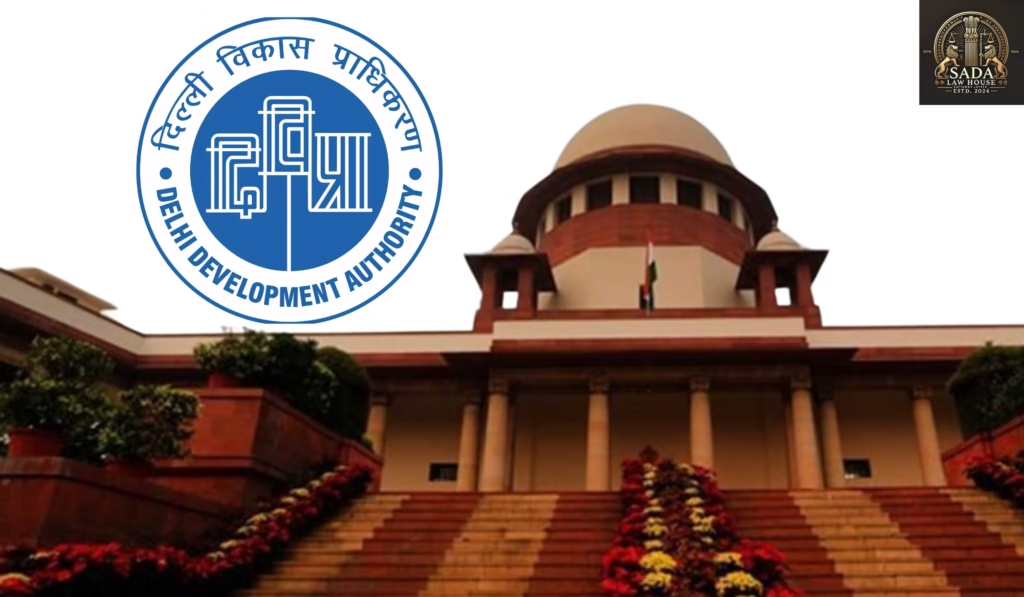Supreme Court Limits SIT Probe to FIRs in Prof Ali Khan Mahmudabad Case, Warns Against Overreach
Trending Today India to Introduce Digital Address IDs with DIGIPIN for Precise Location Mapping Why Muhammad Yunus’ June 2026 Election Plan Faces Backlash from BNP and Raises National Concerns Supreme Court Limits SIT Probe to FIRs in Prof Ali Khan Mahmudabad Case, Warns Against Overreach Supreme Court Finds DDA Officials in Contempt for Illegal Tree Felling in Delhi Ridge Road Project Supreme Court Upholds 20-Year Minimum Sentence Under POCSO for Aggravated Sexual Assault LEGAL JOB OPPORTUNITY AT STANZA LIVING JOB OPPORTUNITY AT ESYA CENTRE LEGAL JOB OPPORTUNITY AT SBICAP SECURITIES LEGAL JOB OPPORTUNITY AT NUMEN LAW OFFICE INTERNSHIP OPPORTUNITY AT G D BANSAL & ASSOCIATES Supreme Court Limits SIT Probe to FIRs in Prof Ali Khan Mahmudabad Case, Warns Against Overreach PRABAHAT KUMAR BILTORIA 29 May 2025 The Supreme Court of India has directed the SIT investigating Prof. Ali Khan Mahmudabad to limit its probe strictly to two FIRs, cautioning against scope expansion. Learn what the bench said and how the legal battle unfolds. Supreme Court Directs SIT to Stay Within FIR Limits in Prof. Ali Khan Mahmudabad Case In a key development on May 28, 2025, the Supreme Court of India restricted the scope of the investigation by the Special Investigation Team (SIT) into Professor Ali Khan Mahmudabad’s case. The case concerns social media posts made by the Ashoka University professor regarding the controversial ‘Operation Sindoor’. The court stated unequivocally that the investigation must be confined solely to the two FIRs already filed. The SIT’s report, according to the bench, should be submitted directly to the Supreme Court before reaching any lower jurisdiction. Justice Surya Kant and Justice Dipankar Datta Emphasize Probe Boundaries The directive came from a bench headed by Justice Surya Kant and Justice Dipankar Datta. They asserted:“We mandate that the SIT’s investigation be limited to the contents of the two FIRs involved in these proceedings. The interim protection is to continue until further notice.” Kapil Sibal Raises Concern Over Overreach Senior Advocate Kapil Sibal voiced concern that the SIT, established by the State of Haryana, might exceed its legal limits. He highlighted the attempt to gain access to Mahmudabad’s digital devices, suggesting it could lead to an unjustified expansion of the investigation. Justice Kant responded sharply:“Both FIRs are on record. Why are devices necessary? Avoid attempting to broaden the scope. Don’t go left and right.”The court directed the Additional Advocate General of Haryana to ensure that the probe stays within its intended boundaries. Clarification on Interim Bail and Freedom of Expression As Sibal requested relaxation of conditions tied to Mahmudabad’s interim bail, Justice Kant clarified that the restrictions were merely part of a “cooling-off” period. He stressed that Mahmudabad is free to publish on any topic, except the matter under current litigation:“There are no restrictions on his right to speak. We do not desire a parallel media trial.” National Human Rights Commission’s Involvement The bench also questioned the Haryana government regarding the National Human Rights Commission (NHRC)’s observations on the FIR registration process.“You tell us about that as well,” the bench directed the Haryana AAG, underlining the growing national attention on the fairness of the legal process. Conclusion: Upholding Legal Boundaries and Protecting Rights The Supreme Court’s firm stance in the case of Prof. Ali Khan Mahmudabad sends a clear message about the importance of judicial oversight and the protection of constitutional rights. By limiting the SIT’s probe to the two registered FIRs, the Court aims to prevent investigative overreach while safeguarding freedom of speech and due process. The case continues to highlight the delicate balance between state authority and individual liberties in India’s evolving legal landscape. Leave a Reply Cancel Reply Logged in as Sada Law. Edit your profile. Log out? Required fields are marked * Message* Live Cases India to Introduce Digital Address IDs with DIGIPIN for Precise Location Mapping India to Introduce Digital Address IDs with DIGIPIN for Precise Location Mapping Sada Law • May 29, 2025 • Live cases • No Comments Why Muhammad Yunus’ June 2026 Election Plan Faces Backlash from BNP and Raises National Concerns Why Muhammad Yunus’ June 2026 Election Plan Faces Backlash from BNP and Raises National Concerns Sada Law • May 29, 2025 • Live cases • No Comments Supreme Court Limits SIT Probe to FIRs in Prof Ali Khan Mahmudabad Case, Warns Against Overreach Supreme Court Limits SIT Probe to FIRs in Prof Ali Khan Mahmudabad Case, Warns Against Overreach Sada Law • May 29, 2025 • Live cases • No Comments 1 2 3 … 5 Next »



